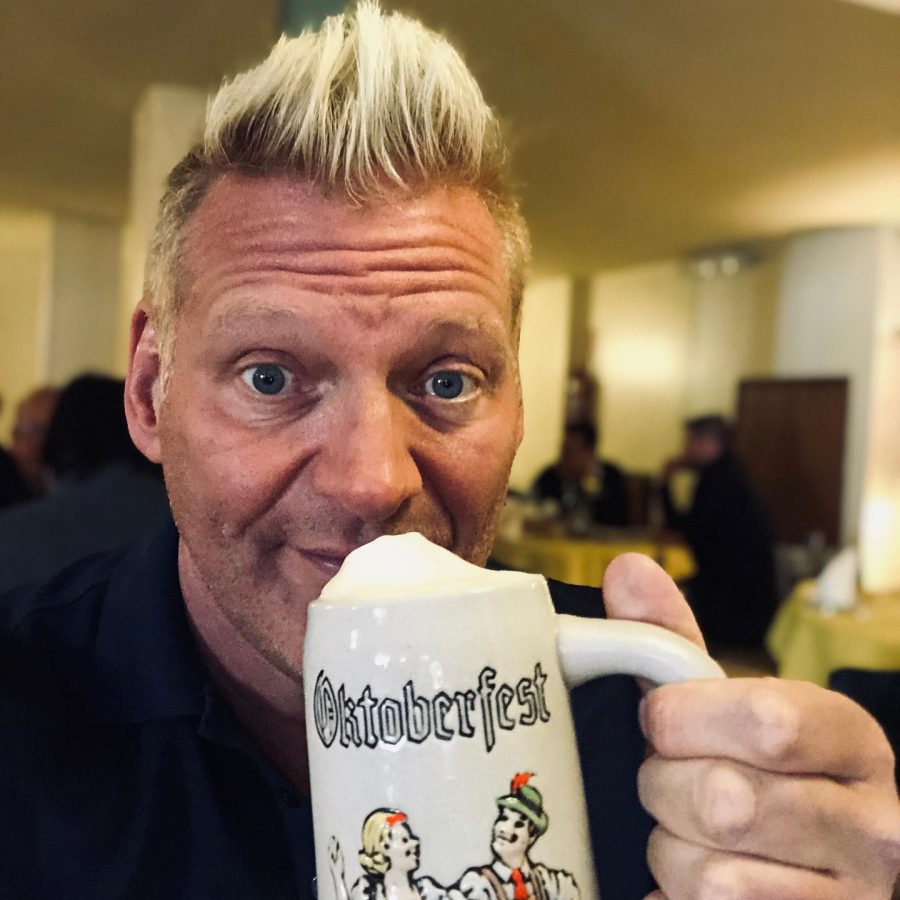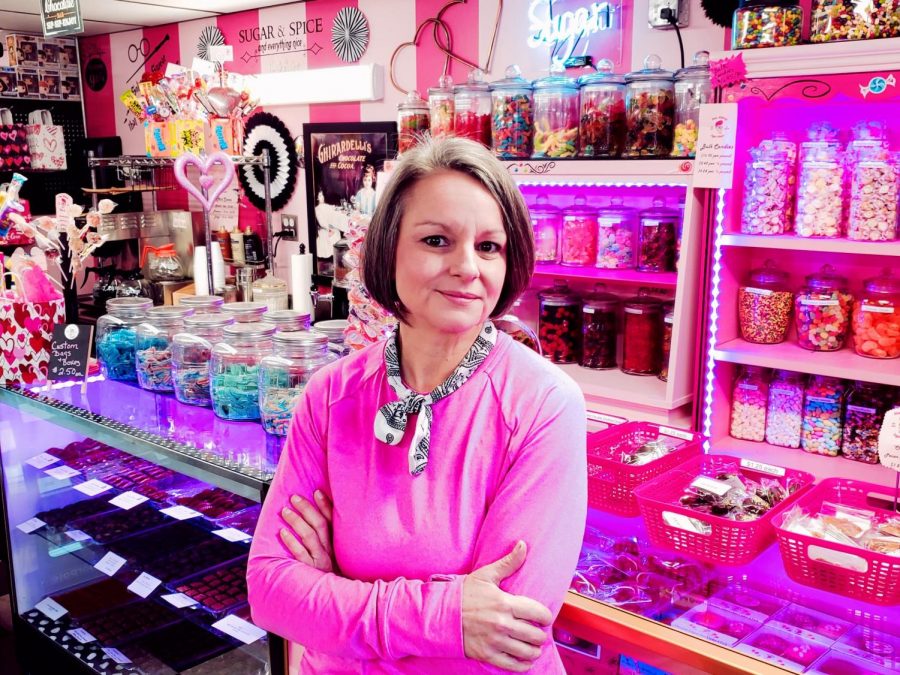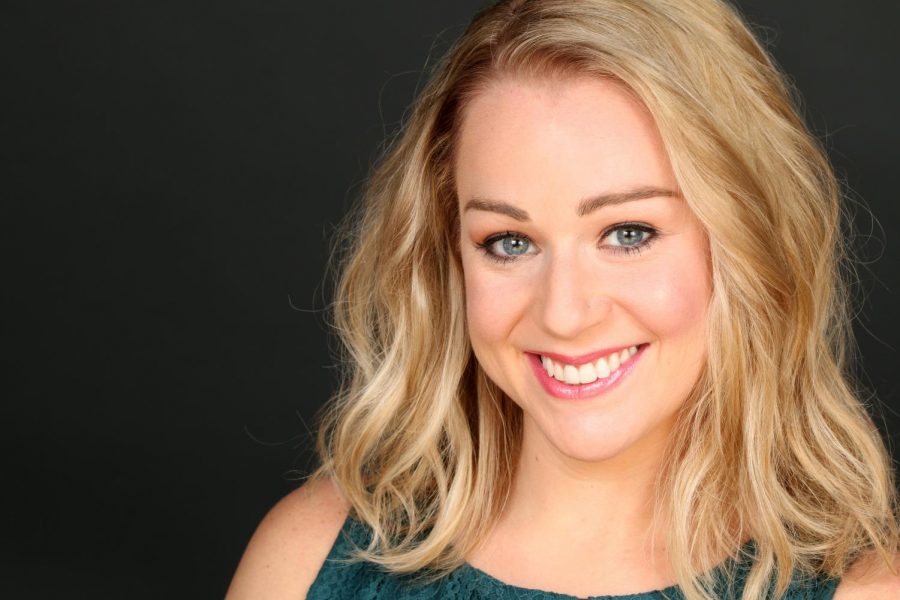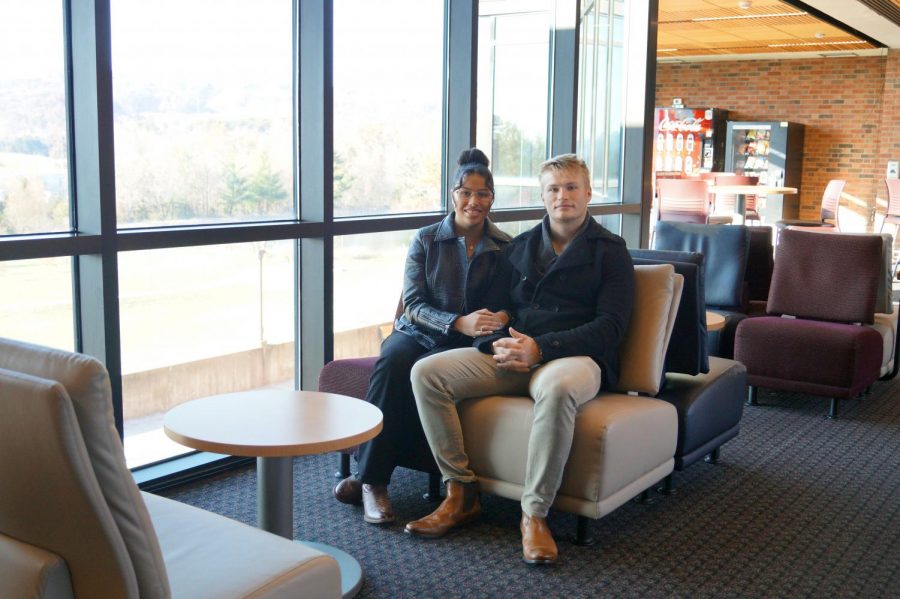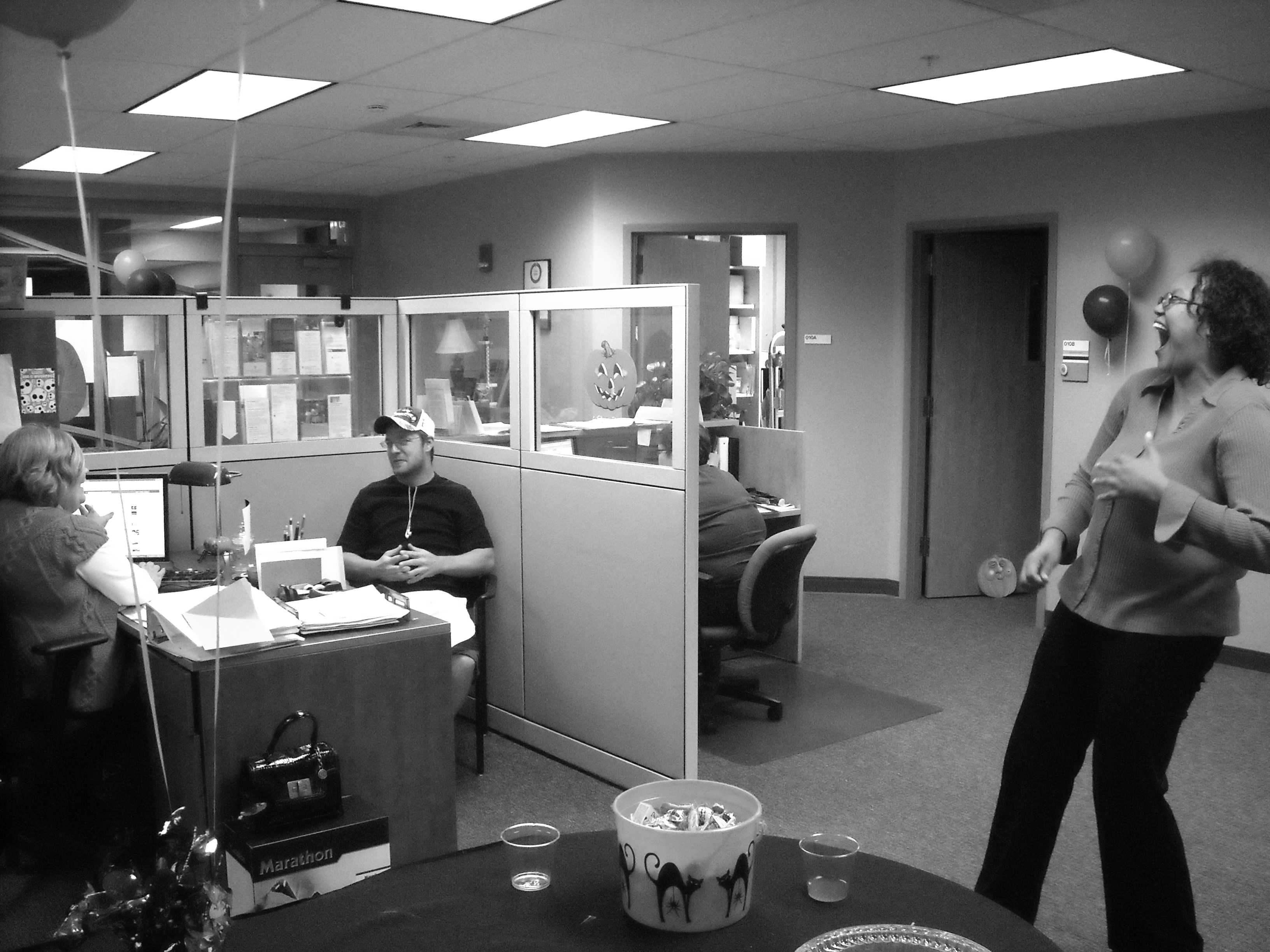
Channell Barbour, associate director of Campus Life, said she hopes to receive her doctorate in education from Indiana State University in December of 2011.
Barbour finished her course work in May. She is now in the process of writing her proposal for her topic of research.
She is researching the lived experiences of gay and lesbian college student athletes.
“Some of our college athletes cannot be their true selves,” Barbour said. “They are discriminated against.”
Barbour said college is about expressing and finding out who you really are.
“I feel like there’s a story that needs to be told,” she said. “For me as a student affairs professional, it’s something I want to expose not just to student affairs but to the faculty and to other students — to give them a voice.”
Barbour said she has started to interview some college student athletes, and some of them told her when their sexual orientation was found out, they were no longer able to play sports.
“In some instances, students are on scholarships,” Barbour said. “When that happens, they lose their scholarships, which was the whole basis of what was paying for their education.”
Barbour said in an instant, the lives of these athletes change.
“It goes from ‘We were teammates — down for the same cause, to win games — and now you act like you don’t even know me,’” Barbour said.
Due to confidentiality, she can’t disclose from what universities the students she has interviewed came from.
“I can say I have interviewed students at division one schools, and I have interviewed students at NAIA [National Association of Intercollegiate Athletics] schools,” she said.
Barbour was reluctant to go back to school at first.
“When I was an academic adviser, Dr. Garvey-Nix started working on me,” Barbour said. “She would ask me if I ever thought about going back to school.”
Barbour said Ruth Garvey-Nix, vice chancellor of Student Affairs, kept telling her to look into getting a doctorate.
Garvey-Nix gave her a list of three schools with contact information and told her to meet people there.
“I kept fighting her,” Barbour said. “Then I thought, OK, this woman is my supervisor. I will go.”
Indiana State University is in Terre Haute, Ind. It is a three-hour drive from IU Southeast.
Before completing her course work, Barbour said she would leave campus after her work day on Thursdays once a month and drive to school for weekend classes.
“The program is designed for working individuals,” she said.
Jen Crompton, assistant director of Residence Life, said she knows it has been challenging for Barbour to work full-time and attend school.
“I think it sets a great example for our students that you can handle both and that we all strive to learn more and try to better ourselves,” Crompton said. “I only hope that when I go back to school to get my Ph.D., I can handle things as well as she has.”
Barbour said she would like to become an athletic director or maybe even a vice chancellor.
“The sky is the limit,” Barbour said.
She said she may be interested in some colleges that have an athletic adviser, which is different than regular advising.
“The ultimate goal when I am probably in my ‘60s, would be able to go back to Berea College, where I received my undergrad and be the president there,” Barbour said.
Barbour’s’ colleagues see her going far, as well.
“I think she will be a vice chancellor or chancellor someday,” Cari Edwards, office assistant senior for Campus Life, said.
Crompton said a doctorate is a highly sought credential.
“I know that Channell is doing some really important work with her dissertation, so I hope that it leads her to great places,” Crompton said.
Barbour said it is important to her all student athletes get their college degree.
“My older brother was an athlete,” she said.
Barbour said her brother grew up during the 1970s as a minority student and graduated high school because he was an athlete.
“So, my brother graduated high school, and he really didn’t know how to read,” Barbour said.
Barbour said it was embarrassing for her mother.
“She decided no one was going to use her son’s athletic ability again,” Barbour said.
She said there was a scout who had seen her brother, Doug Sanders, 53, play.
He wanted him to play at a junior college in Iowa and promised Barbour’s mother that he would get his degree and would read better.
“It worked,” Barbour said. “I do not even remember that man’s name,” she said. “My brother is now the lead lab technician at one of the hospitals in Abilene, Texas.”
Barbour said she enjoys bikram yoga, and she uses it to meditate.
“No one with any sense would go into a room that is 180 degrees and sweat while you do exercises,” she said. “It is a great place for me to go and clear my mind.”
By KRISTINA BLEUEL
Staff
kcbleuel@umail.iu.edu

